7 steps to getting a good night’s sleep, according to the world’s most successful people
The sleep hacks of millionaires, world-leading thinkers and big-time CEOs revealed
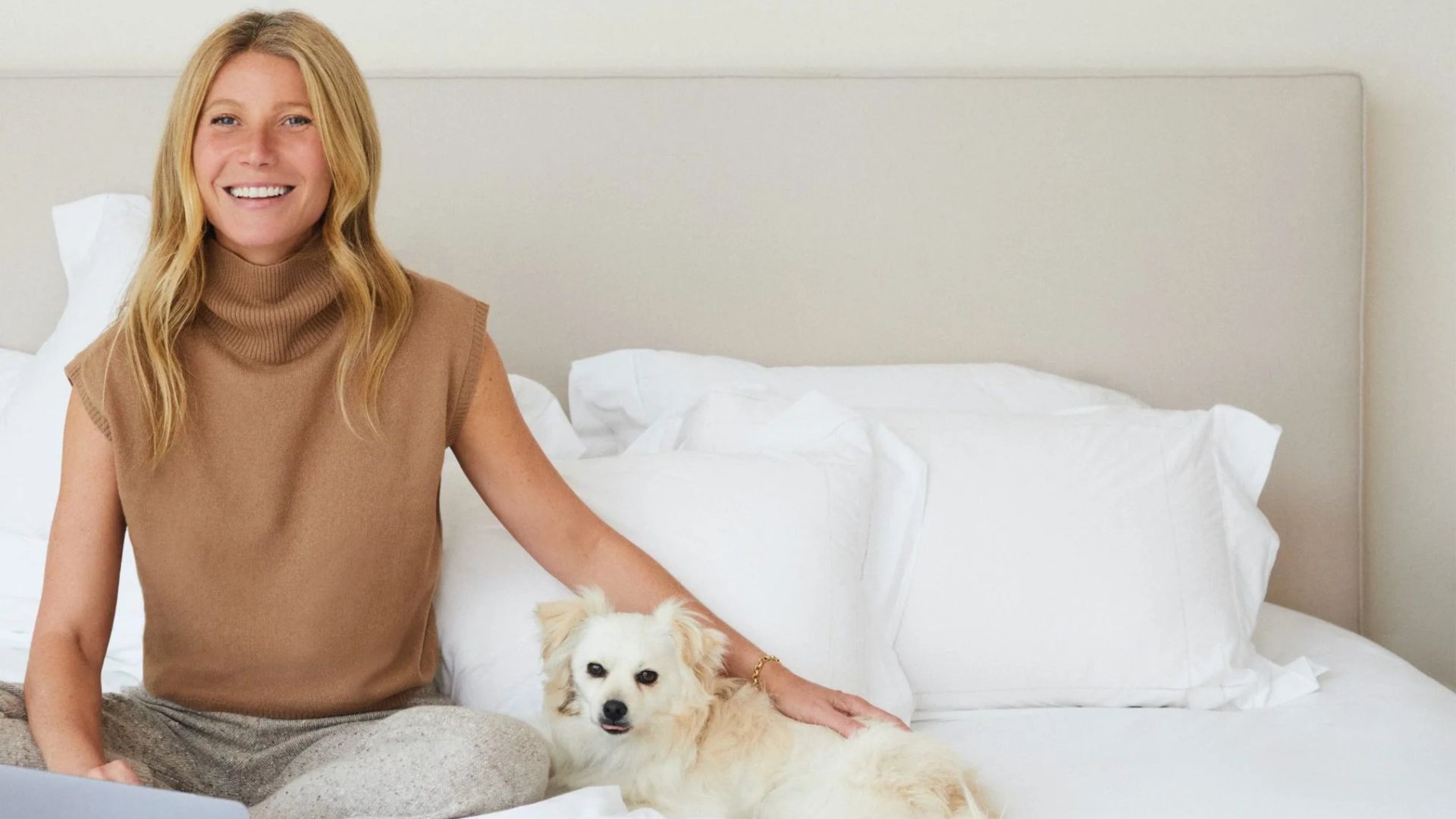
One of the bedrocks of physical wellbeing and cognitive function is good sleep. It's key to having productive days and feeling great.
Yet it's described as the "most underrated health habit" by Dr. Michael Roizen, the chief wellness officer of the Cleveland Clinic.
So it seems not everyone truly understands the power of sleep. But some leading figures in the world do, and they utilize it effectively to contribute to their success.
Sure, they're sleeping on the world's best mattresses and probably under the most luxury bedsheets, but what else are the leading thinkers, millionaire business owners and Hollywood stars actually doing to optimize their sleep?
We've dug around for the inside scoop...
How does sleep affect your productivity?
Sleep significantly impacts productivity by directly affecting cognitive function, alertness and mood; when you don't get enough sleep, your ability to focus, make decisions and react quickly deteriorates, which can lead to decreased performance and productivity at work or in other tasks.
While busy people may sacrifice sleep in the hopes of being more productive, squeezing in as many tasks around the clock as they can, evidence shows this is often counterproductive.
Sign up to get the BEST of Tom's Guide direct to your inbox.
Get instant access to breaking news, the hottest reviews, great deals and helpful tips.
Research from the American Academy of Sleep Medicine shows that "compared to those who regularly got 7 to 8 hours of sleep, those who reported getting 5 to 6 hours experienced 19% more productivity loss, and those who got less than 5 hours of sleep experienced 29% more productivity loss."
Whether you're trying to improve productivity in terms of work, sport or general life admin, staying on top of your responsibilities requires quality sleep. To earn your $$$ you need your ZZZs.
7 sleep hacks from successful people
1. Maintain a cool sleep environment — Dr Andrew Huberman
Dr. Andrew Huberman has some serious credentials. Not only is he an award-winning neuroscientist, a professor at Stanford School of Medicine where he works at the Huberman Laboratory, and author of an an upcoming book, he hosts a popular podcast, Huberman Lab.
He regularly talks about the importance of sleep on his podcast, sharing information on regulating the circadian rhythm, sleep hygiene and more.
Dr Huberman explains how the body needs certain cues to know when it is time to wind down to sleep, or wake up and be alert. One of these cues is temperature.
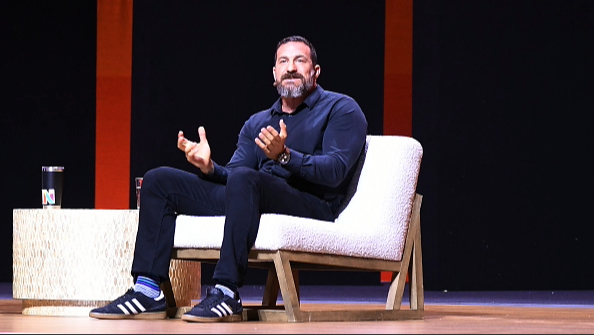
"When your body is cooling down you have a greater tendency to fall and stay asleep," he says on his podcast.
"Every night when you sleep, your body is dropping by one to three degrees and that drop in temperature is required [...] in order for you to get into sleep."
Keeping your sleep environment cool, whether that's with one of this year's best cooling mattresses or by turning down your thermostat a while before bedtime, will help promote sleep onset.
2. Allow yourself to go through all the sleep cycles — Arianna Huffington
After experiencing burnout and intense sleep deprivation, the founder of The Huffington Post (now HuffPost), Arianna Huffington, authored The Sleep Revolution: Transforming Your Life, One Night at a Time.
In this, she explores the science of sleep, it's importance on our waking lives, the sleep industry and how to improve it.
Huffington has emphasised the importance of allowing your body time complete all necessary sleep stages.
And she's not wrong, this is what makes your sleep restorative and boosts your morning mood.
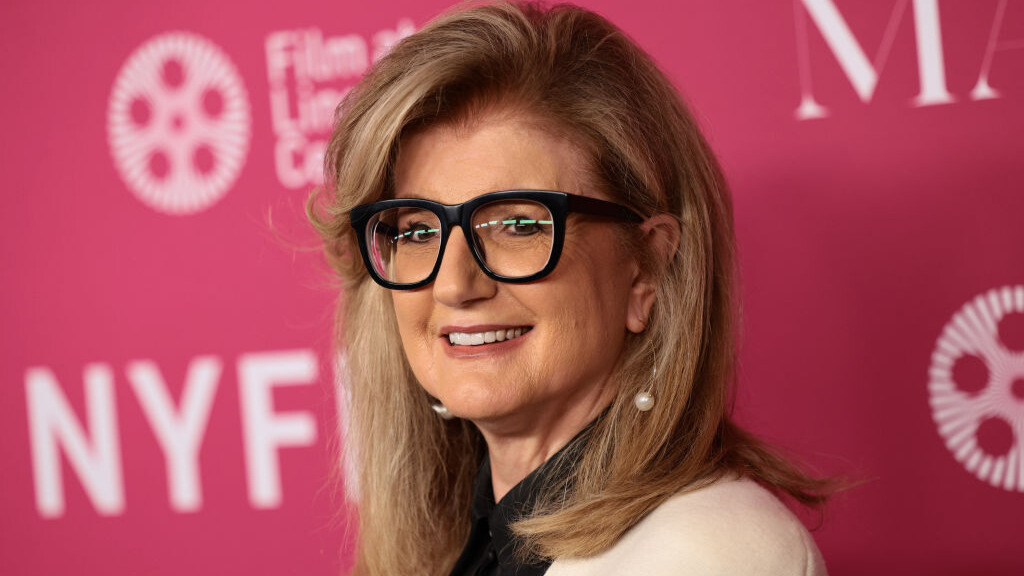
"All the toxins that accumulate during the day, as we go through life, need to be washed away and that can only happen during sleep," she says in an interview published by HuffPost. "We have to complete all the cycles."
"One sleep scientist put it, 'It's like putting the laundry in the laundry machine.' In order to get clean laundry, you have to let it go through all the cycles," she explains.
"If you put the alarm before you've completed the cycles, you are going to end up with dirty and wet laundry. That's how most of us wake up in the morning."
Starting your day like this means you being it "in a fight or flight mode," which, she adds, is "destructive to our health and our capacity to live life with wisdom and joy."
Fortunately, this year's best sunrise alarm clocks can help. Waking you up gradually through simulated sunlight, these alarm clocks allow you to reach the end of your sleep cycle rather than jolting you awake with a blaring sound.
3. Take a warm shower before bed — Oprah Winfrey
Actress, author and talk show host Oprah Winfrey needs no introduction. But, you don't get to this level of super success and global recognition without sticking to a good nighttime routine to help your sleep.
Recalling a day in her life to Harper's Bazaar, Winfrey says: "In the evening, I have a bath before bed; it’s a ritual."

A warm bath might seem contrary to Dr. Huberman's advice, but it can actually aid sleep.
This is because the warm water raises your core body temperature temporarily, which then rapidly drops once you get out of the bath.
Studies show that this temperature drop signals to your body that it's time to wind down and prepare for sleep, promoting quicker sleep onset and better quality sleep.
Another positive effect of Oprah's nightly bath before bed is that it's a regular routine. Repeating the same activities each night is a way of telling your body and brain that it's time to sleep.
4. Make at least 7 hour's sleep a non-negotiable — Brian Chesky
Airbnb founder and CEO Brian Chesky knows what it takes to run a successful business; Airbnb became a $30 billion company in just 10 years after all.
But he also knows the importance of getting ample shut eye. Even during busy work periods, he will not sacrifice sleep as it only leads to less productivity.
“[A] non-negotiable is I want to try to get at least seven hours of sleep,” he tells Fortune Well.
“I know there are people that go off four, five, even six hours of sleep, but the extra hour you save by not sleeping probably makes every hour the next day a little less productive.”
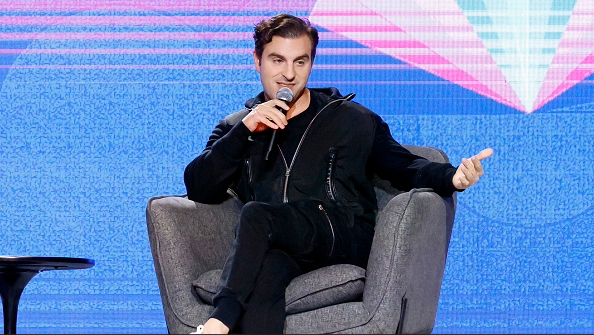
5. Don't eat too late & drink a bedtime tea — Gwyneth Paltrow
Actress Gwyneth Paltrow is no stranger in the wellness industry. While she does have some questionable health and sleep rituals (sorry we just can't get on board with bone broth and mouth tape), she does offer some sleep advice we approve of.
That's being mindful of evening meal timings and drinking a bedtime tea. "I try not to eat for a couple of hours. I sleep better if I don’t have a full stomach," Paltrow tells Air Mail News.
"I do like tea at night— a nice mint, chamomile, or fennel."
Eating and digesting food requires your body to be awake. Therefore, eating too close to bedtime can make it harder for you to relax and fall asleep.
What's more, even if the tea is not scientifically sleep-inducing, adding this calming ritual to your bedtime routine can help you unwind.
6. Sleep with your phone at least five feet away — Jennifer Anniston
In an interview with Huffington, Jennifer Anniston, one of the world's wealthiest female film stars known for looking younger than her years, says sleeping with her phone at least five feet away is her "one key tip" to getting better sleep.
We know blue light can sabotage sleep and research shows keeping screens out of bed leads to better sleep.
So, Aniston is on to a good hack here, removing the temptation to have one last check of messages (which can easily lead to a 30 minute doom scroll) before bed.
If you want to perform at your best, you don't want screen time eating into your sleep time.

7. Set a bedtime — Dr Rebecca Robbins
We never grow out of needing a bedtime. Dr Rebecca Robbins is a sleep scientist and co-author of Sleep for Success.
She believes that while sleep duration is important, focusing on consistency and quality, especially around our sleep routine, is far more productive.
“Falling asleep at the same time and waking up at the same time, that’s everything,” Dr Robbins tells Savior Beds.
Maintaining a consistent sleep routine allows the body to work with – rather than fight – its natural circadian rhythm, our body’s internal 24-hour clock that controls the timings of every organ system, bodily process and hormone cycle.
When your circadian rhythm is well-regulated, your body will naturally produce the sleepy hormone melatonin when it is time to sleep, helping you fall asleep fast; meanwhile it will suppress melatonin come morning, helping you wake up easier.
Foregoing morning grogginess, you will be set up for a more productive, successful day.
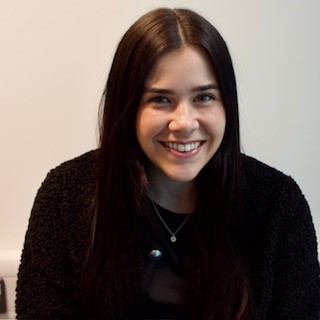
Eve is a PPA-accredited journalist with an MA in Magazine Journalism from Cardiff University. She is a Sleep Staff Writer at Tom’s Guide and has four years’ experience writing health features and news. She is particularly interested in the relationship between good sleep and overall health. At Tom’s Guide Eve is responsible for coverage and reviews of sleep tech and is our smart and cooling mattress specialist, focussing on brands such as Eight Sleep and Sleep Number. She also covers general mattress reviews, seeks out the best deals to produce tried-and-tested buyer's guides for sleep accessories and enjoys writing in-depth features about sleep health. She has been involved in rigorous testing procedures for mattress reviews in our Sleep Studio and has interviewed experts including sleep doctors and psychologists. When not covering sleep at Tom's Guide, Eve enjoys writing about health and fitness, food and culture.
You must confirm your public display name before commenting
Please logout and then login again, you will then be prompted to enter your display name.
